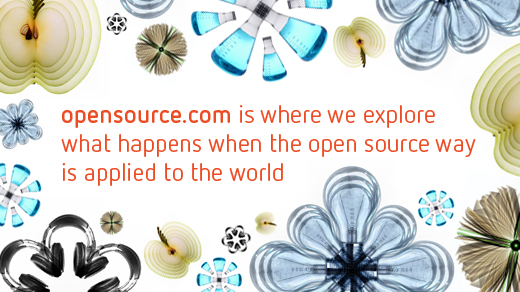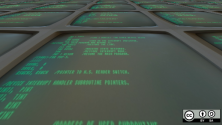As the CEO of Red Hat, this is a day I've been looking forward to for quite some time. In my travels, I often find myself talking to people from all walks of life who see opportunities for the lessons of open source to be applied broadly to the world around us.
At Red Hat, we've used open source principles as the backbone of a successful technology company. We know there are opportunities to apply the open source way broadly in business, in government, in education, in the law, and throughout our lives.
This site is one of the ways in which Red Hat gives something back to the open source community. Our desire is to create a connection point for conversations about the broader impact that open source can have--and is having--even beyond the software world.
We think of this site as a "Red Hat community service." Meaning: all ideas are welcome, and all participants are welcome.
This will not be a site for Red Hat, about Red Hat. Instead this will be a site for open source, about the future.
What you see today is only a beginning. In the spirit of open source, we are releasing the site early. We will grow its functionality and content over time based on ideas we create together.
With your help, this will be a place that connects people, creates dialog, and--if we dare to dream--maybe even changes the world a little bit for the better.
Good to have you here. Let's get started.







31 Comments